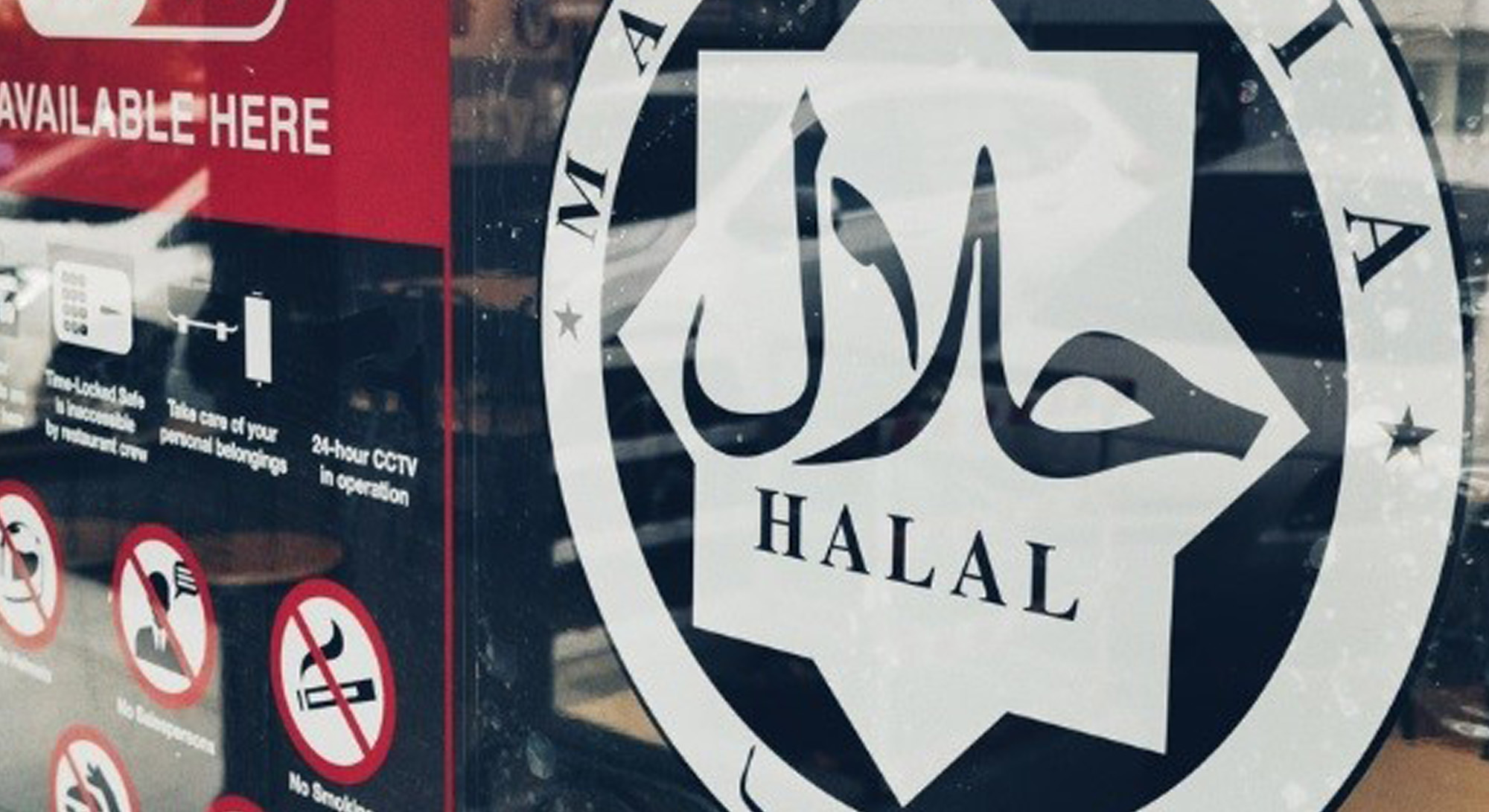Letter to editor
THE country has initiated a new controversy about proposed halal certification for pork/alcohol-free non-Muslim eateries with Seputeh MP Teresa Kok getting the short end of the stick for airing her opinion over the issue.
As this is a sensitive issue for both Malaysian Muslims and non-Muslims, the proposal needs to thoughtfully handled.
Although it is only a suggestion from the Malaysian Islamic Development Department (JAKIM), non-Muslims who will be affected the most by this ruling if it becomes a reality should be allowed to air their views and opinions.
After all, Malaysia is a parliamentary democracy with every citizen having the right to air their views freely.
Considering the view made by the public in the last few days, it will be better for eateries that do not wish to be halal-certified to have a non-halal sticker just like those in the supermarkets where there is a separate section for non-halal items like pork, liquor, wines, beers, cigarettes, among others.
The non-halal sticker enables one to choose whether to dine in the restaurant or not. Since it is clearly stated that the said eateries are non-halal establishments, nobody could claim that they have accidentally consumed non-halal food.
At a glance, non-Muslim eateries will find it difficult to abide by strict religious standards demanded by the halal certification. Given that some essential ingredients are imported, their halal status may not be easily known.
Food preparation can be another problematical area considering that Chinese, Indian and restaurants belonging to other nationalities may have their peculiar identities which customers consider when patronising these restaurants.
Indian customers who are vegetarians will be ill at ease when for an Indian restaurant to be halal-certified.
There is an entire slew of issues waiting to see the light of day, among them the types of food available, spices, ingredients and meats, the preparation of food, cooks and waiters, attires, cleanliness, partial closure during the fasting month of Ramadan, restaurant set-up and the list goes on, and this could open up a Pandora’s box of problems.
That said, it would be better to ask non-halal eateries to display the non-halal stickers, and if any Indian or Chinese eateries feel that it would be better for them to get their halal certification they can do so as it is the right and intention of the proprietors, and they will be fully prepared for it.
Chinese restaurants may not suffer much as they sell pork and some sell beer and other alcoholic drinks, and this proposed new rule will affect them the least.
Indian restaurants, meanwhile, will be affected the most as their regular vegetarian customers would be uneasy about the types of food available and the methods of preparation under the halal regulations.
Therefore, JAKIM should instead come up with appropriate non-halal signs and emblems to easily distinguish non-halal eateries from halal ones to resolve this dispute once and for all.
Really, the country has much better things to do than get rutted in these controversies and polemics. – Sept 11, 2024
V. Thomas
Sungai Buloh, Selangor
The views expressed are solely of the author and do not necessarily reflect those of Focus Malaysia.
Main image: The Reporter









